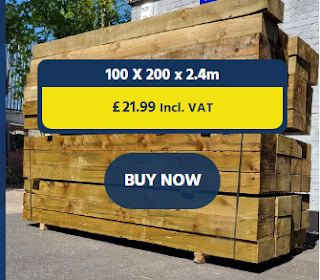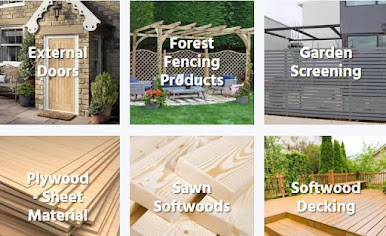Weather the Storm: How Composite Decking Boards Thrive in Southend, Essex Climates
Southend-on-Sea, located in Essex, experiences a maritime climate characterized by mild winters, cool summers, and moderate rainfall throughout the year. This coastal environment can be challenging for outdoor construction materials, particularly decking, which is exposed to the elements continuously. Traditional wood decking often succumbs to these conditions, suffering from warping, rotting, and fading. However, composite decking boards have emerged as a superior alternative, offering durability and aesthetic appeal despite the challenging weather. Here’s why composite decking thrives in Southend’s climate:
1. Resistance to Moisture and Humidity
Southend’s coastal climate means high humidity and frequent rainfall. Composite decking boards are designed to resist water absorption, preventing issues like swelling, warping, and rotting that are common with traditional wood decking. The moisture resistance of composite materials ensures that the decking remains structurally sound and visually appealing over time.
2. Durability Against UV Exposure
The sun can be particularly harsh in coastal regions, causing significant fading and degradation in traditional wood decking. Composite decking boards are manufactured with UV inhibitors that protect against sun damage, ensuring that the color and finish remain intact for years. This UV resistance is crucial in maintaining the deck’s appearance and prolonging its lifespan.
3. Low Maintenance Requirements
One of the standout features of composite decking is its low maintenance needs. In Southend, where the weather can be unpredictable, having a decking material that requires minimal upkeep is a significant advantage. Composite decking doesn’t need regular staining, sealing, or painting. A simple periodic cleaning with soap and water is sufficient to keep it looking new, saving homeowners both time and money.
4. Resistance to Salt Air
The proximity to the sea means that the air in Southend carries salt, which can be corrosive to many building materials. Composite decking boards are highly resistant to salt air, unlike wood, which can deteriorate quickly when exposed to salty conditions. This resistance makes composite decking an ideal choice for coastal environments.
5. Environmental Sustainability
Composite decking is often made from recycled materials, including reclaimed wood fibers and plastic. This environmentally friendly aspect is particularly appealing in today’s eco-conscious society. Choosing composite decking supports sustainability efforts while providing a durable and attractive outdoor flooring option.
6. Aesthetic Variety
Composite decking comes in a wide range of colors and finishes, mimicking the look of natural wood without its drawbacks. Homeowners in Southend can select from various styles to match their aesthetic preferences, ensuring that the deck complements their home and garden.
7. Enhanced Safety Features
Safety is a crucial consideration for any outdoor space. Composite decking boards often feature slip-resistant surfaces, which are particularly beneficial in Southend’s wet climate. This reduces the risk of slips and falls, providing a safer environment for families and guests.




Comments
Post a Comment